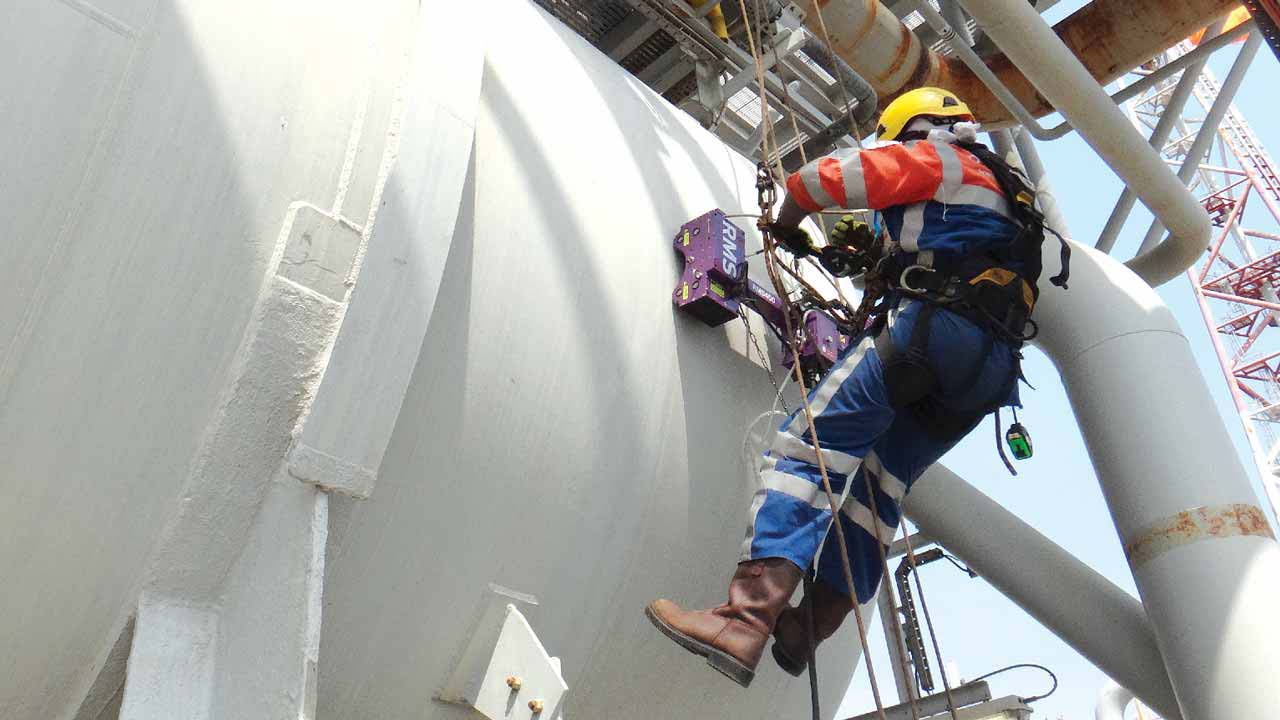2025 marks a significant acceleration in the rapprochement between Africa and Japan. In an international context where the continent is attracting new partners, Tokyo intends to consolidate its ties with West Africa, a strategic region undergoing profound change. Nigeria and Côte d’Ivoire occupy a central place in this dynamic, while other countries in the region are also seizing the moment. Two events have acted as catalysts: the ninth Tokyo International Conference on African Development (TICAD 9), held in August in Yokohama, and the Osaka World Expo, which runs throughout the year.
For Tokyo, Africa represents a “last economic frontier”, coveted by many players. In Yokohama, Prime Minister Shigeru Ishiba made his ambitions clear: to create an “Indo-Africa” economic zone, to develop green energy, and to secure access to the rare metals essential for the ecological transition. Japan also aims to train 30,000 Africans in cutting-edge technologies, particularly Artificial Intelligence (AI).
This momentum forms part of a strategy to catch up with China, whose investments in Africa are five times higher than Japan’s. Yet while Tokyo demonstrates strong political will, its companies remain cautious in the face of perceived risks on the continent. This is where countries such as Nigeria and Côte d’Ivoire step in, seeking to turn this window of opportunity into tangible results.
In Abuja, participation in TICAD and the Osaka Expo reflects Nigeria’s determination to assert itself as an indispensable regional power. In Abidjan, economic diplomacy is being structured to diversify partnerships and attract greater investment in strategic sectors. Other West African countries, such as Senegal and Ghana, are also engaging in this process, each in its own way, confirming the region’s central place in Japan’s African policy.
TICAD 9: structuring agreements for West Africa
Held in Yokohama from 20 to 22 August, the ninth TICAD brought together around thirty African leaders to develop joint projects with Japan. The event gave several West African countries the opportunity to achieve significant progress.
Nigeria, led by President Bola Tinubu, secured a $190 million loan from the Japan International Cooperation Agency (JICA) to finance renewable energy projects. This support complements a $750 million programme launched with the World Bank to expand electricity access for 17 million Nigerians.
Talks also took place with Japanese industrial giants such as Toshiba and Hitachi on modernising the national grid. At the same time, Abuja laid the foundations for greater cooperation in the mining sector, in partnership with the Japan Organisation for Metals and Energy Security (JOGMEC).
Côte d’Ivoire, Senegal and Ghana also advanced their agendas. The Ivorian delegation signed a series of agreements covering health, transport, education, agriculture, the environment and digital technology. A joint text, signed with Japan’s Minister of Economy, aims to improve the business climate and stimulate bilateral investment.
Abidjan is banking on this partnership to consolidate growth and diversify its economy beyond cocoa, notably by investing in human resource development. Senegal also used the summit to strengthen cooperation with Tokyo. A memorandum signed with JICA provides for the expansion of the Senegal-Japan Vocational Training Centre. Ghana, meanwhile, highlighted its strengths as a regional economic hub and as the headquarters of the African Continental Free Trade Area.
Osaka Expo 2025: a showcase for attractiveness and economic diplomacy
Beyond TICAD, the Osaka World Expo offers African countries a unique platform for visibility. Côte d’Ivoire particularly stood out during its “Ivorian Week”, held from 9 to 15 June. The Côte d’Ivoire-Japan International Economic Forum, organised on the sidelines of the event, led to the signing of several major agreements, including one with Yanmar Agri for the mechanisation of the Ivorian rice sector, and another between Ivorian tech company Paradise Game and Japanese firm Happy Life Design Lab for the development of digital content.
The country showcased its 2021-2025 National Development Plan, valued at USD 100 billion, 75 per cent of which is expected to come from the private sector. This roadmap seeks to transform Côte d’Ivoire into an economic hub between Africa and Asia. The Ivorian pavilion, conceived as a space for economic and cultural promotion, attracted numerous visitors and investors, drawn by the nation’s stability and growth.
Nigeria also made the most of its National Day, in June 25, to highlight its potential in Osaka. Its pavilion showcased the creativity of its cultural industries, the dynamism of its tech sector, and the country’s ambitions in renewable energy.
Ambassador Nura Abba Rimi reminded participants that “Nigeria is open for business”, underlining the incentive measures put in place to attract foreign capital. For Senegal, its National Day highlighted the long-standing bilateral cooperation with Japan. Other countries, such as Benin, also seized the opportunity in Osaka to showcase their strengths and reinforce their image with international investors.
Between TICAD and the World Expo, 2025 has proved to be a pivotal year for relations between West Africa and Japan. The countries of the region are positioning themselves as key partners for Tokyo.
The agreements signed and the initiatives launched reflect a shared determination to strengthen cooperation. The challenge now lies in translating these commitments into lasting investments and tangible benefits for the region’s economies and populations.






